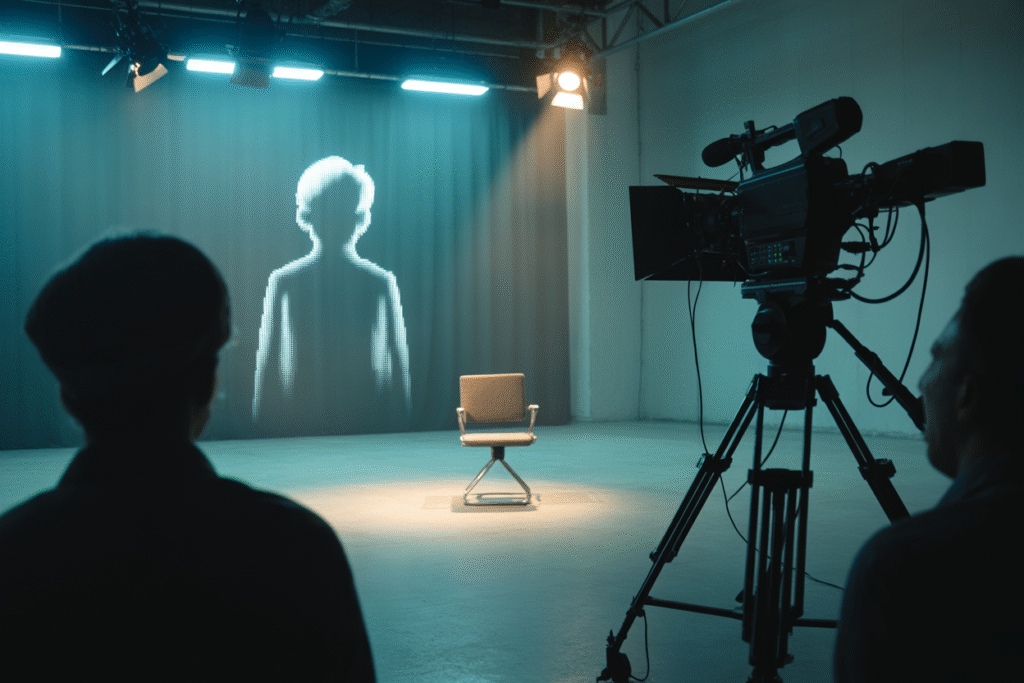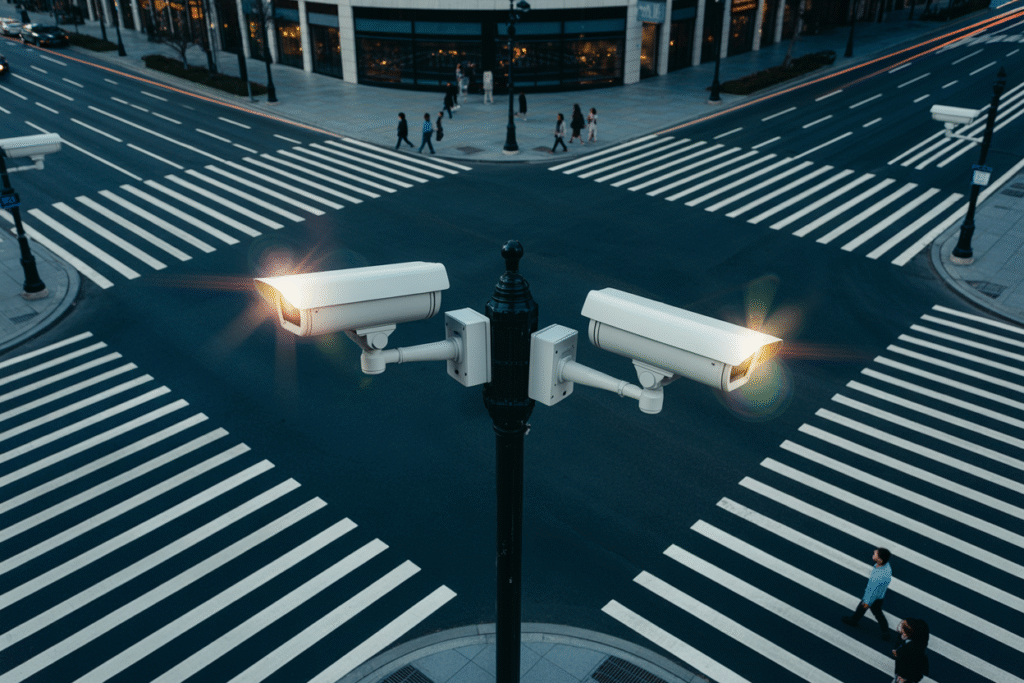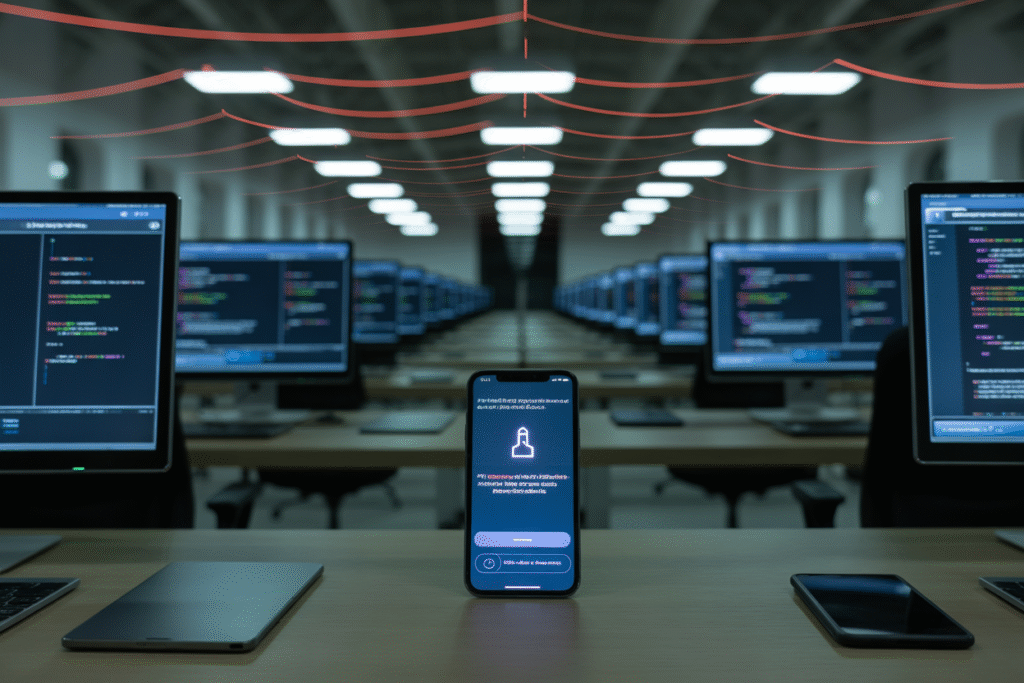A journalist just interviewed a dead school-shooting victim with AI—and parents consented. Moral boundary smashed?
Jim Acosta pressed play on an AI recreation of a murdered teen’s voice, asking about today’s gun laws. The parents agreed, craving closure. Within minutes the clip lit up screens worldwide. Was it healing or grave-robbing? From newsrooms to prayer circles everyone is asking: does artificial intelligence ethics allow digital resurrection of the dead or has AI crossed a moral Rubicon that no regulation can redraw?
A Grieving Family’s Leap Into Digital Eternity
Parkland parents watched their murdered son blink back to life on the studio monitor. For five years they had carried empty bedrooms and silent birthdays; now his AI ghost sat upright, ready to answer questions. They felt a pulse of hope.
Yet the moment the clip hit the internet the same video made others flinch. Commenters called it a sophisticated deepfake, a puppet of code wearing a child’s stolen face. Megyn Kelly led the charge—“deeply disturbing and unethical.” The divide was instant.
The Ethical Fault Line AI Refuses to Acknowledge
Supporters argue the simulation offers therapeutic value—an engineered memory where goodbye can be rewritten. Detractors see the inverse: emotional blackmail monetizing tragedy. One Reddit thread tallied pros and cons in neat columns; the cons outnumbered pros five to one. Key fears keep surfacing: Who owns a voice after death? Could the algorithm be tweaked to say anything—an endorsement, a political slogan? If consent came from parents, does the child’s dignity still matter?
Religious ethicists joined the pile-on. A Catholic bioethicist tweeted that baptizing data into soul is idolatry, while a Buddhist teacher warned of clinging delaying rebirth. The chorus is simple: just because we can press play does not mean we should.
From Therapy to Surveillance: A Slippery Slope Already Lived
History offers a warning. Early facial-recognition trials began with finding lost Alzheimer’s patients; a decade later the same code catalogs protest crowds. The AI voice that comforts today can be subpoenaed tomorrow.
Imagine a wrongful-death lawsuit where the AI son testifies against his former classmates. Or a campaign ad in which murdered children urge voters to arm teachers. The technology is not malicious—it’s indifferent to the human stories it chews up.
Regulation Racing Innovation—and Losing
The United States has no federal law governing posthumous AI recreation. Europe’s AI Act sidesteps the issue. Tech companies police themselves with terms of service so elastic a grieving parent can slip through.
Three states introduced bills last spring; all died in committee under lobbyist pressure arguing innovation over restriction. Meanwhile venture capital flows freely, because grief is a billion-dollar market.
Policy wonks scramble for guardrails. Proposals range from mandatory two-factor consent (next-of-kin plus estate executor) to outright bans on political usage. But enforcement lags; a server in Estonia can render your dead child before California wakes up to the news.
What Do We Tell the Living?
At dinner tables tonight parents will wrestle with a new bedtime story: that a machine can bring grandma back for five more minutes—and it feels almost real. Kids will ask, should we save voice recordings just in case?
We owe them an honest answer. Digital resurrection can soothe hearts yet erode memory itself. If we outsource grief to silicon, do we also outsource love? The choice before us is not technological but human: will we protect the fragile boundary between memory and manipulation?
Your move, reader.


